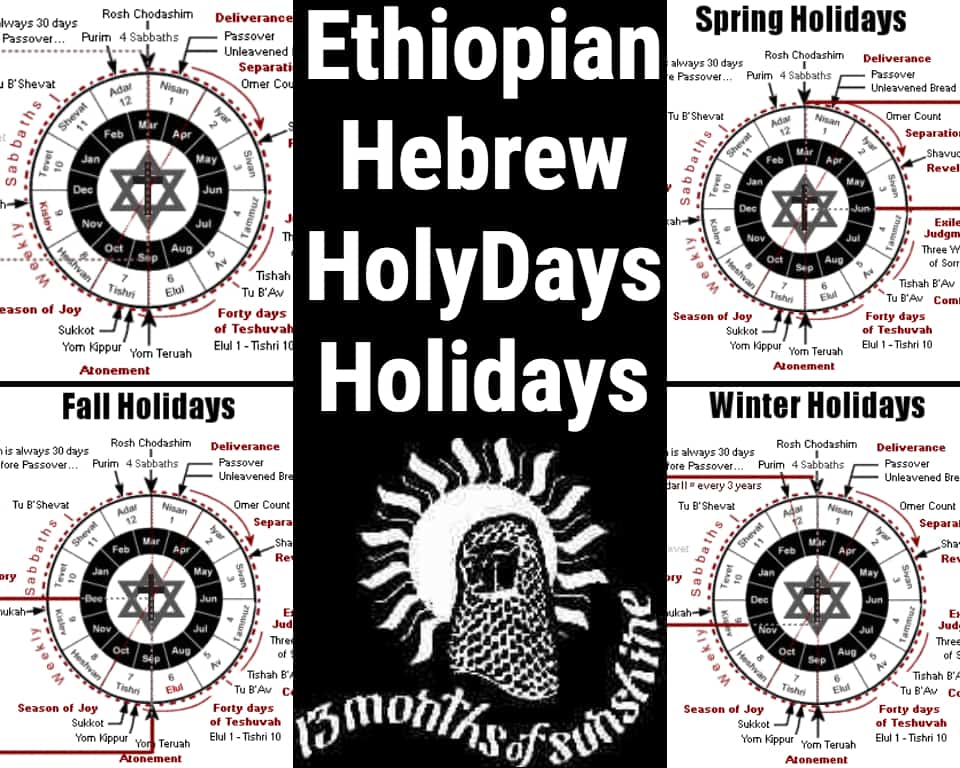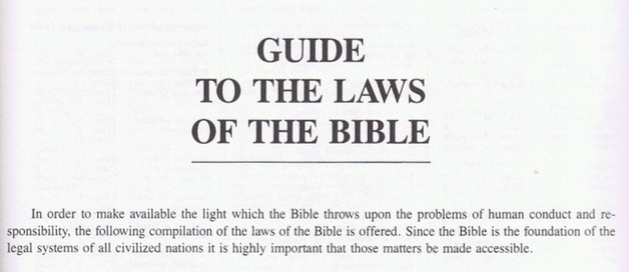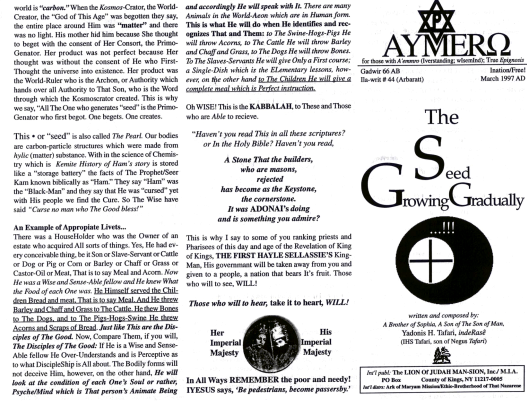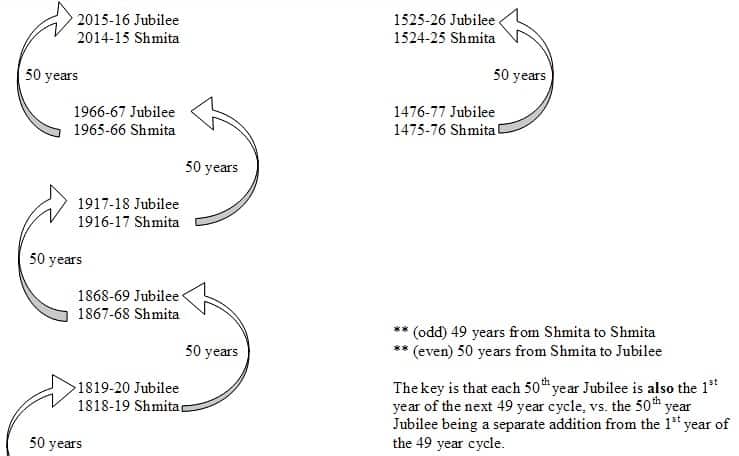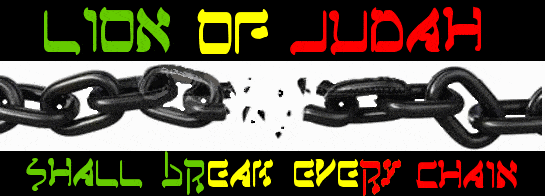Ethiopian-Hebrew HolyDays
Overstanding the Appointed Times
 This section of the web site provides general information about the most significant mo'edim (or "appointed times") that are important to Hebrews all over the world. All of the Biblical mo'edim are prophetic and reveal great truth about the plans and counsel of the LORD God of Israel.
This section of the web site provides general information about the most significant mo'edim (or "appointed times") that are important to Hebrews all over the world. All of the Biblical mo'edim are prophetic and reveal great truth about the plans and counsel of the LORD God of Israel.
Introduction
The feasts and holidays are part of the larger mosaic of Hebrew time that expresses the corporate life cycle of Hebrews all over the world.
- Introduction to the Ethiopian-Hebrew Calendar (start here)
- A brief overview of the Seven Annual Feasts given to Israel
- The Holydays: Weekly, Monthly, Spring, Summer, Fall, Winter, Fast Days
The Ethiopian-Hebrew Day
Since the Ethiopian-Hebrew day (Qen/yom) begins at sundown, you must remember that a Hebrew holyday actually begins on the night before the day listed in a Hebrew calendar. For example, occurs on , which actually begins after sundown, :
Thus a given Hebrew holyday spans two days on our Gregorian calendar. Most Hebrew calendars do not indicate the previous night as part of the holiday. Observance of a holiday begins at sundown on the day before it is listed in the calendar!
The Ethiopian-Hebrew Week
The Ethiopian-Hebrew week (samint/shavu'a) begins on Sunday and ends on Saturday (Senbet/Shabbat). The Hebrew Shabbat is important and is commanded to be observed in the Asir Qalat/Aseret HaDiberot (Ten Commandments).
- The Sabbath foreshadows the olam habah (world to come) and our restored dignity as children of the New Covenant.
- Weekly Torah Readings are considered appointments with the Bat Kol, the Voice of the LORD.
The Ethiopian-Hebrew Month
The Ethiopian-Hebrew calendar is a lunar one, and Rosh Chodesh ("Head of the Month") symbolizes the renewal of the new moon (month), when the moon appears as a sliver in the sky. Rosh Chodesh is marked by special liturgy.
The Spring HolyDays
Spring is the start of the Biblical Year and is marked by two of the Shelosh Regalim (three annual pilgrimage festivals): Pesach (Passover) and Shavuot (Pentecost). Shavuot is held seven weeks (or fifty days) following the morning after Pesach.
The spring holidays (חגי האביב) reveal the first coming of Yeshua (as Mashiach ben Yosef):
- Rosh Chodashim - The Biblical New Year [Nisan 1]
- Preparing for Passover - Spring Cleaning
- Vernal Equinox - Birkat HaChamah
- Shabbat HaGadol - The Shabbat preceding Passover
- Ta'anit Bechorim - Fast of the firstborn son [Nisan 14]
- Bedikat Chametz - The Search for Chametz [Nisan 14]
1. Passover (Pesach) - Celebration of freedom (Major Holiday)
- The Passover Seder [Nisan 15 (evening of the 14th)]
- Unleavened Bread (Chag HaMatzot) - Messiah's Burial [Nisan 15-22]
- Sefirat HaOmer - Counting the Omer [Nisan 16- Sivan 5]; the countdown to Shavu'ot.
- Firstfruits (Reishit Katzir) - Messiah's Resurrection; [Nisan 17]
- Lag B'Omer - 33rd day of the Omer [Iyyar 18]
- Mem B'Omer - Holiday of the Ascension [Iyyar 25]
2. Pentecost (Shavuot) - The giving of the Torah at Sinai and the giving of the Ruach HaKodesh (Holy Spirit) to the Church [Sivan 6-7] (Major Holiday)
The Summer HolyDays
In the summer there occurs a three week period of mourning that begins with the Fast of Tammuz and ends with tragic holiday of Tishah B'Av. The last nine days of this three week period (i.e., from Av 1 until Av 9th) are days of increased mourning. After this somber time, however, the romantic holiday of Tu B'Av, the 15th of Av occurs. Originally a post-biblical day of joy, the 15th of Av served as a matchmaking day for unmarried women in the Second Temple period.
The summer ends with the 30 days of the month of Elul, a yearly season of teshuvah (repentance) that anticipates Rosh Hashanah and the fall holidays. The days of Elul are combined with the first ten days of the month of Tishri to create the Forty Days of Teshuvah that culminate with the holy day of Yom Kippur.
 The summer holidays help us prepare for the second coming of the Messiah:
The summer holidays help us prepare for the second coming of the Messiah:
- Fast of the 17th of Tammuz - Start of the three weeks of sorrow [Tammuz 17]
- Tish'ah B'Av (Summer) Last day of the three weeks of sorrow [Av 9]
- Tu B'Av - Harvest and Romance [Av 15]
- Elul and Selichot - Preparing for teshuvah and the fall holidays
The Fall HolyDays
The Hebrew civil year begins in the fall, though the Biblical year begins in spring (Exod. 12:2). Preparations for the fall holidays begin with a thirty day period of teshuvah (repentance) during the (late summer) month of Elul. The following ten days begin with the Feast of Trumpets (i.e., Rosh Hashanah, on Tishri 1) and end with the Day of Atonement (i.e., Yom Kippur, on Tishri 10). These first ten days of the new year are called the "Ten Days of Awe" (i.e., aseret ye'mei teshuvah: עֲשֶׁרֶת יְמֵי תְּשׁוּבָה), or simply the Jewish "High Holidays." Just five days after the solemn time of Yom Kippur begins the joyous week-long festival of Sukkot ("Tabernacles"), which is immediately followed by the celebration of Simchat Torah.
 The fall holidays (חגי הסתיו) prophetically indicate the great Day of the LORD (יוֹם־יְהוָה), the second coming of Yeshua, the great national turning of the Jewish people, and the establishment of the reign of the Messiah over the earth during the Millennial Kingdom:
The fall holidays (חגי הסתיו) prophetically indicate the great Day of the LORD (יוֹם־יְהוָה), the second coming of Yeshua, the great national turning of the Jewish people, and the establishment of the reign of the Messiah over the earth during the Millennial Kingdom:
- Elul and Selichot - preparing for the high holidays (later summer)
- The Day of Creation - [Elul 25]
Yamim Nora'im (Days of Awe):
- Rosh Hashanah / Yom Teru'ah - The Day of Judgment [Tishri 1]
- Tzom Gedaliah - Fast day [Tishri 3]
- Day of Atonement (Yom Kippur) - Israel's national salvation [Tishri 10]
3. Tabernacles (Sukkot) - The world to come (Major Holiday) [Tishri 15-21]
- Hoshana Rabba - The seventh day of Sukkot [Tishri 21]
- Shemini Atzeret - The 8th day of assembly following Sukkot [Tishri 22]
- Simchat Torah - Celebration of the giving of the Torah [Tishri 23]
Chanukah (Dedication) - late fall/early winter: Victory; [Kislev 25 - Tevet 3]
The Winter HolyDays
The winter holidays (חגי החורף) remember special times when God acted on behalf of His people so that they would triumph over their enemies, and therefore they prophetically picture the final victory in the world to come.
 The winter holydays help us anticipate the final victory to come:
The winter holydays help us anticipate the final victory to come:
- Chanukah (Dedication) [Kislev 25 - Tevet 3]
- Christmas: Dec. 25th (Hebrew date varies)
- Secular New Year: Jan. 1st (Hebrew date varies)
- Asarah B'Tevet [Tevet 10]
- Tu B'Shevat [Shevat 15] - The New Year for trees
- The Fast of Esther [Adar 13]
- Purim (Lots) [Adar 14]
National Holidays of Ethiopia
Many holidays follow the Ethiopian Orthodox Tewahedo Church.
- January 7 (Leap Year January 6) - Ethiopian Christmas - Genna (ልደተ-ለእግዚእነ/ ገና) [Nisan 27]
- January 20 - Timkat (Epiphany)
- March 2 - Victory at Adwa Day (የዓድዋ ድል በዓል) [Commemorates Ethiopia's victory over Italy in 1896.]
- March 28 - Day of Lament - Hazen (የቀይ ሽብር መታሰቢያ ቀን) [Commemorates Red Terror (Also called candle festival). Always held one month before National Day.]
- moveable in spring - Good Friday - Siklet (ዓርበ ስቅለት)
- moveable in spring - Easter - Fasika (ብርሐነ-ትንሣኤ/ፋሲካ)
- May 1 - Labour Day (የላብአደሮች ቀን)
- May 5 - Patriots' Day (የአርበኞች ቀን) [Commemorates Ethiopian patriots (Arbegnoch)who resisted Italian invasion and occupation from 1936-1941. Official name is Arbegnoch Qen. (Patriots' Day)]
- May 28 - Derg Downfall Day (ደርግ የወደቀበት ቀን) [Commemorates the end of the Derg junta in 1991. Although this day is Ethiopia's National Day, its official name is Derg Downfall Day.]
- September 11 (Leap year: September 12) - New Year's Day - Enkutatash (እንቁጣጣሽ/የዘመን መለወጫ/አዲስ አመት)
- September 27 (Leap year: September 28) - Finding of the True Cross - Meskel (ብርሐነ-መስቀል)
Fasting Days (ጾም)
The 7 official fasting periods ordained in the ፍትሐ ነገሥት/Fitiha Negest:
- የረቡዕ እና ዓርብ ጾም/All Wednesdays and Fridays, except for the fifty days after Easter and also if the Feasts of Christmas and Epiphany fall on these days.
- Fast of the Prophets (ጾመ ነቢያት/Tsome Nebiyat): the fast preceding Christmas and which lasts for some 40 days. It begins with Sibket on 15th of the Ethiopian month of Hedar and ends on Christmas Eve with the feast of Gena on the 28th of Tahsas.
- ጾመ ገኀድ/The Gahad of Epiphany: the fast on the eves of Epiphany and Christmas
- The Great Lent: This fast is also known as Fast of Hudadie or ዐቢይ ጾም/Abiy Tsom. It is moveable and lasts for fifty five days
- Jonah's Fast of three days also known as Fast of Ninevah (ጾመ ነነዌ/Nenawe): This is also a fast of movable dates and is observed in commemoration of the preaching of Jonah. It comes on Monday, Tuesday and Wednesday of the third week before Lent.
- Apostles' Fast (ጾመ ሐዋርያት/Tsome Hawariat): It begins on Monday after Pentecost and ends on the 5th of July.
- Assumption of St. Virgin Mary (ጾመ ፍልሰታ ለማርያም/Tsome Filseta): This fast is held from August 1-15 and is dearly observed by many.
Fast Days (Tzomim)
In addition to Yom Kippur, The Talmud (Tractate Rosh Hashana 18b) discusses four fast days (based on Zechariah 8:19) that commemorate the destruction of the First and Second Temples and the exile of the Jewish People from their homeland. In addition, two other fast days are mentioned in the Rabbinical literature, yielding a total of six tzomot (seven if Yom Kippur is included).
- Fast Days of the Jewish Year

Ancient Calendars: A Brochure, Showing the Unity of Ancient Hebrew and Christian Rest Days (Classic Reprint)
The Measures, Weights, & Moneys of All Nations: And an Analysis of the Christian, Hebrew, and Mahometan Calendars
Decoding God's Divine Calendar
24 Year Hebrew - English Calendar
Hidden Rhythms in Prophecy: How Astronomical Cycles Interpret Prophecies in Daniel, Jeremiah and Ezekiel
Wake Up!: God's Prophetic Calendar in Timelines and Feasts
Behold the Lamb: An Original Messianic Celebration of Passover
The Mystery of Iniquity: The Legal Prerequisites to the Return of the Messiah by Michael Rood (2013-03-20)

Ethiopian Calendar 2017-2018 - The Year Of Mark The Evangelical
ZEMEN, THE ETHIOPIAN CALENDAR: History and Its Social Evolution, Names of Days & Months
Bahra Hassab: Yezemen Qotera Qirsachen (Amharic Edition)
The Ethiopian Tewahedo Church: An Integrally African Church by Yesehaq (1997-06-03)
The Traditional Interpretation of the Apocalypse of St John in the Ethiopian Orthodox Church (University of Cambridge Oriental Publications) by Roger W. Cowley (2014-11-13)
The Stranger at the Feast: Prohibition and Mediation in an Ethiopian Orthodox Christian Community (The Anthropology of Christianity)
An Interpretive Account of Belief and Practice: in the Ethiopian Orthodox Tewahedo Church by Abba Hailegebriel Girma PhD (2013-01-18)

